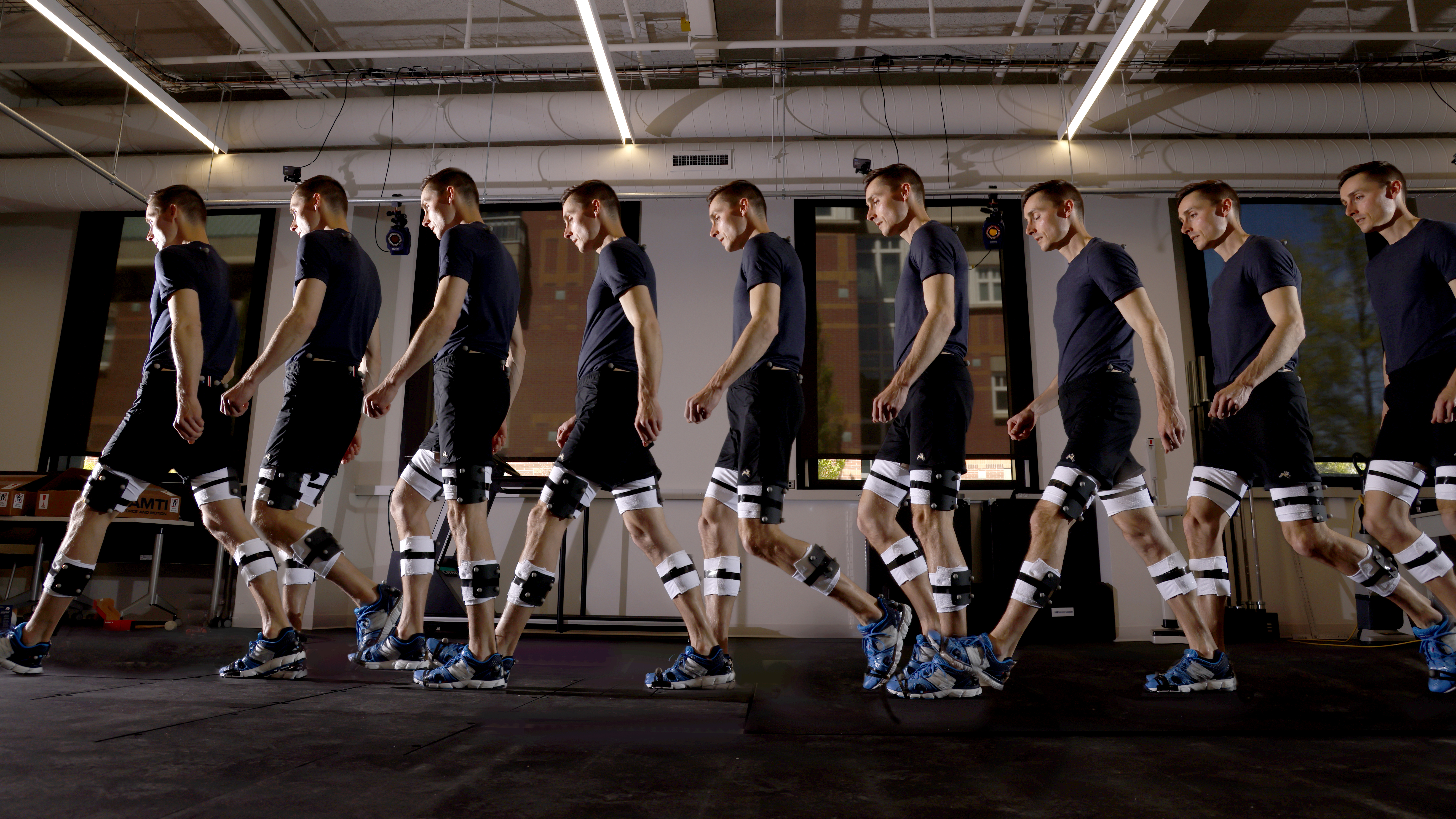
Health Science
EMS Paramedicine
The EMS Paramedic Program’s mission is to prepare students to possess the knowledge, skills, and attitudes to practice competently the art and science of pre-hospital paramedicine in conjunction with medical direction.
Vision
The EMS Paramedic Program will be recognized regionally and nationally as one of the most outstanding programs that develops paramedic graduates that exceed the expectations of the public and the profession. Graduates will be prepared for life-long learning as discipline leaders in an ever-changing profession.
Core Values
As a Program, we are committed to:
- A rigorous curriculum with extensive clinical education
- Encouraging students to achieve their greatest potential
- Graduating students that have, first and foremost, the best interest of the patients in mind
- Graduating students that provide safe and competent care
- Graduating students who have excellent critical thinking and leadership skills, even in adverse conditions
- Graduating students who are responsible and accountable to medical direction, the public, employers, and their peers
- Graduating students who are committed to life-long professional development, peer evaluation, and who participate in the development of other EMS providers
- Graduating students who are involved in public education, health promotion, who participate in injury and illness prevention programs
Goals
The Paramedic Student will be able to:
- Perform competently within the role and responsibilities of a paramedic in EMS
- Apply the basic concepts of growth and development, pathophysiology, principles of history-taking and physical examination to the assessment and management of emergency patients
- Properly and safely administer medications and communicate effectively with patients, families, and other healthcare professionals
- Employ contemporary therapeutics of paramedicine to patients within the scope of practice of a paramedic under medical direction
- Employ appropriate and complete therapeutic skills in areas of airway management, intravenous therapies, electrical therapies, medication administration and other EMS treatment modalities effectively and safely
- Integrate pathophysiological principles, assessment findings, and knowledge of anatomy and physiology to formulate a pre-hospital diagnosis and implement the appropriate field intervention for trauma, medical, neonatal, pediatric, geriatric, as well as chronically ill and challenged patients without hesitation
- Safely and effectively manage all situations involving a pre-hospital emergency
CWU News

Online Master’s of Education program now offers special education endorsement
May 15, 2024
by Rune Torgersen

Lenny Price brings Detroit perspective to CWU Jazz
May 15, 2024
by University Relations